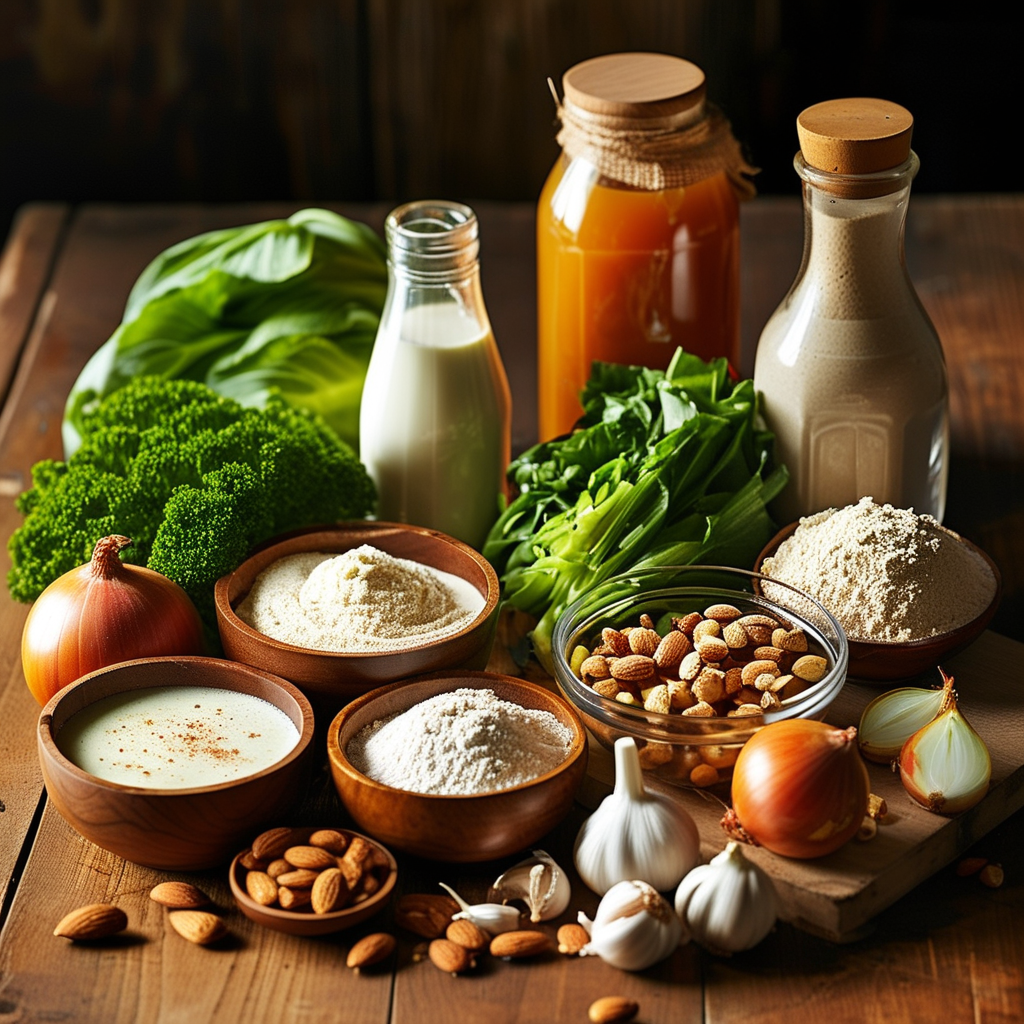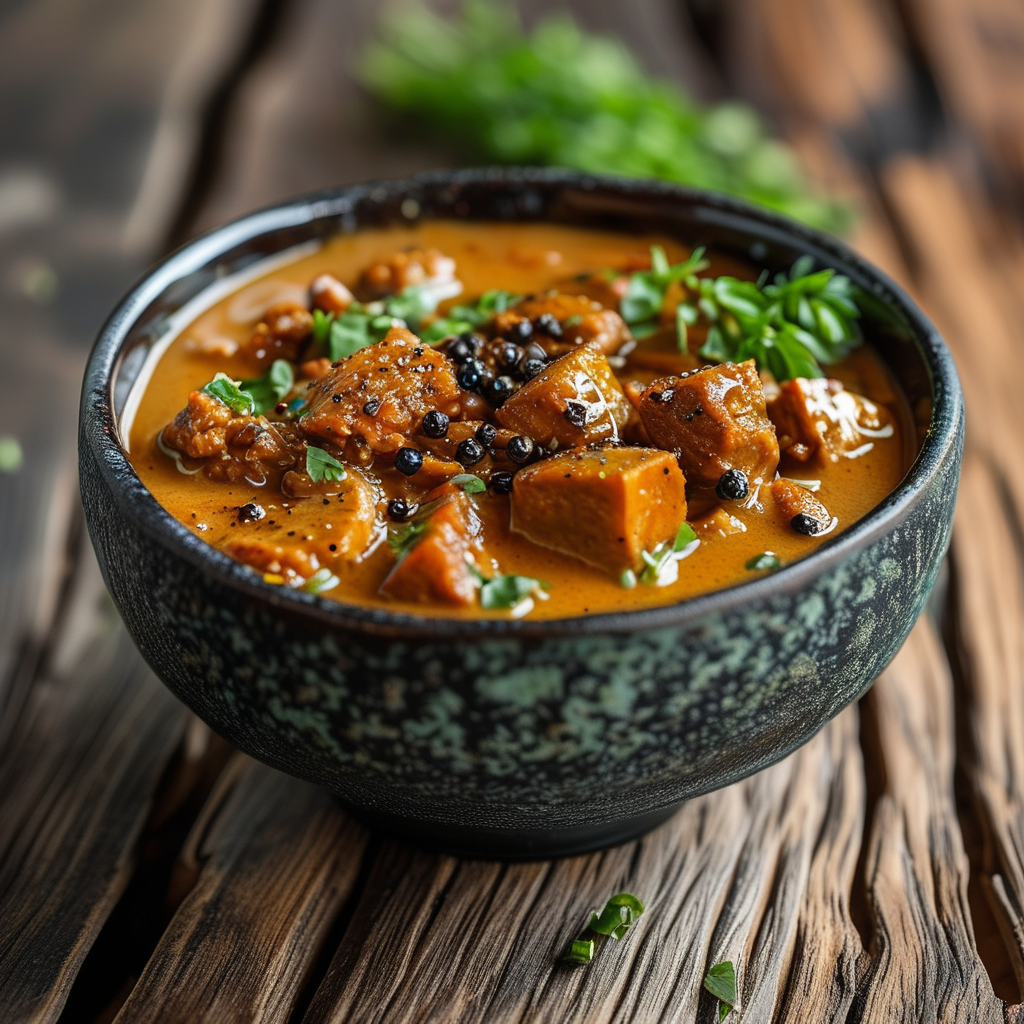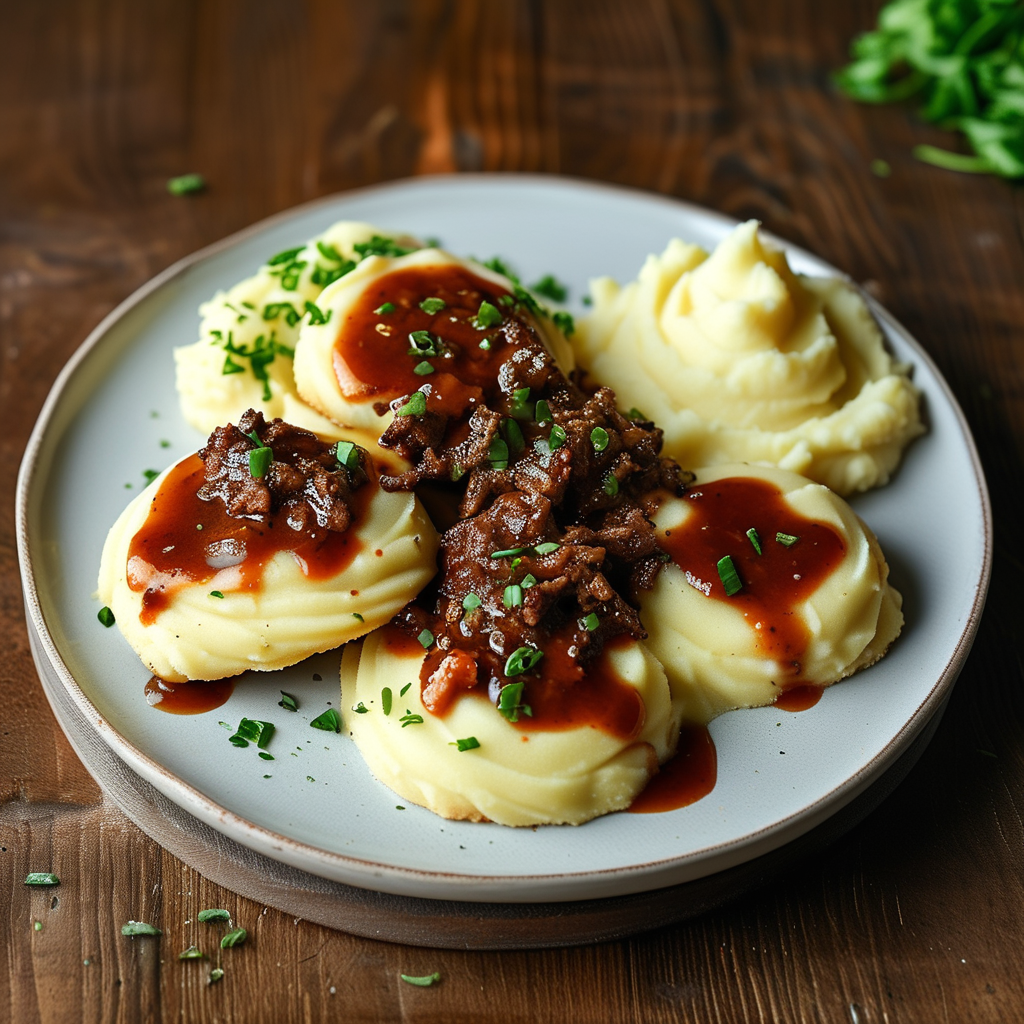Are you ready to indulge in the rich, savory flavors of vegan sawmill gravy? This beloved Southern comfort food has undergone a plant-based transformation, allowing everyone to enjoy its creamy goodness without sacrificing their dietary preferences. Whether you’re a long-time vegan or just exploring alternatives, this recipe is sure to satisfy your cravings.
In this article, we will explore the history of sawmill gravy, understand what makes this gravy vegan, highlight key ingredients, and provide a step-by-step recipe that makes it simpler than ever to enjoy this classic dish. For more delicious vegan recipes, check out this Vegan Chocolate Pie.
Furthermore, your new sauce can be prepared with versatile ingredients that unlock its full flavor potential. You can also visit Sweet Potato Baked Oatmeal for a healthy breakfast pairing idea!
History of Sawmill Gravy
The roots of sawmill gravy trace back to Southern cuisine, originating as a hearty dish for workers in the sawmills. Traditional sawmill gravy typically includes a handful of simple ingredients…
- Origins in Southern Cuisine
- Traditional Ingredients
- Evolution of Recipes Over Time
Understanding the Vegan Version
What makes this gravy vegan? It’s all about the ingredients. In the vegan version, animal products like milk and meat drippings are replaced with plant-based alternatives to create a delicious blend that maintains the original’s comforting nature.
- Substituting Animal Products
- Nutritional Benefits: Lower in Saturated Fat and Rich in Plant Nutrients
Key Ingredients
Creating the perfect sauce starts with the right combination of base ingredients:
- Flour
- Plant-based Milk (Almond, Soy, Oat)
- Vegetable Broth

For added richness, consider using:
- Nutritional Yeast
- Garlic and Onion Powder
- Black Pepper and Other Spices
Optional Ingredients
To elevate your gravy, include:
- Mushrooms
- Vegan Sausage or Tempeh
Step-by-Step Recipe
Follow these easy steps to whip up your own batch of this delicious gravy:
Preparation
Start by gathering your ingredients. You’ll need flour, plant-based milk, and vegetable broth.
Cooking Process
Making the roux: In a pan, combine flour and a bit of oil, stirring until it forms a golden roux.

Adding liquids: Gradually pour in your plant-based milk and vegetable broth.

Thickening the gravy: Allow the mixture to simmer until it thickens.

Seasoning to taste: Finally, adjust seasoning and spices as desired.
Serving Suggestions
This sauce pairs perfectly with biscuits and mashed potatoes!

Variations
Want to mix things up? Here are some delicious variations:
- Spicy Version
- Mushroom Enhanced Gravy
- Creamy Coconut Flavor
- Regional Twists
Best Dishes to Pair With
This gravy complements a variety of dishes, making it a versatile addition to your meals:
- Biscuits
- Mashed Potatoes
- Vegan Sausage
- Rice and Grains
Common Mistakes to Avoid
Avoid these pitfalls for the best results:
- Not cooking the roux long enough
- Using inconsistent liquid ratios
- Over-seasoning
FAQs
Here are some frequently asked questions about this gravy:
- Can I make it without flour?
- What is the best plant-based milk to use?
- How do I make it gluten-free?
- Can leftover gravy be stored?
Conclusion
In summary, this creamy gravy is not only easy to prepare but also a delightful addition to your meals. We encourage you to try this recipe and add your own twist! Have thoughts to share? Reach out with your feedback!
- Vegan sawmill gravy is a delicious alternative to traditional recipes.
- Using plant-based ingredients ensures a creamy texture without animal products.
- Experiment with variations and serving suggestions for a unique touch.
“The ultimate vegan comfort food, ready to make every meal special!” – Culinary Expert
For more interesting insights, check out our detailed articles on what sawmill gravy is made of, the difference between sawmill gravy and regular gravy, and why it’s called sawmill gravy.